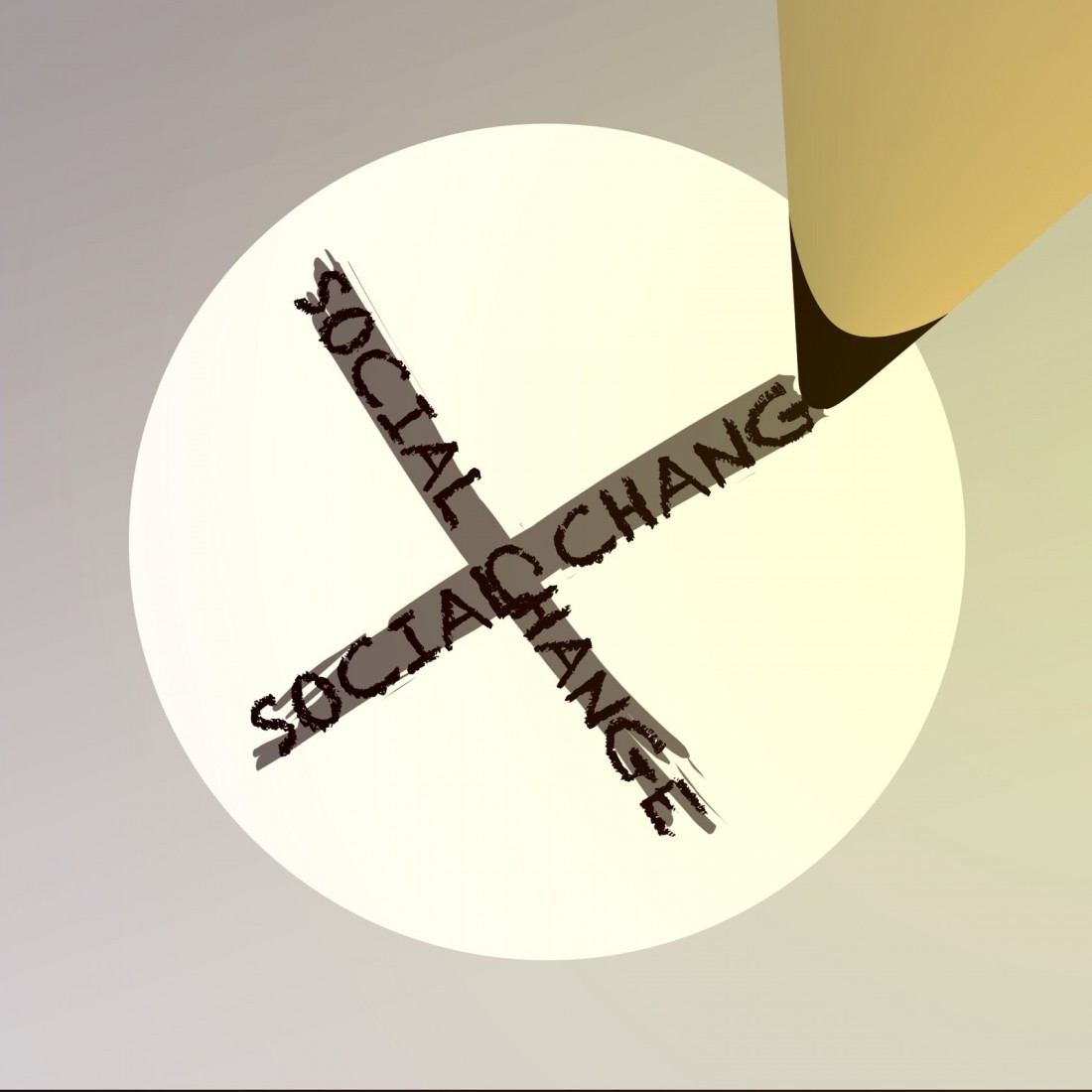Democracy is dangerous
Voting a critical tool for social change
Voting is a radical act. At first glance, such a declaration may seem surprising, if not ridiculous. We’re used to hearing arguments that voting is simply a responsibility of citizenship. Less common, however, is an articulation of the fact that the revolutionary potential of voting has always frightened elites who seek to keep a firm hold on the reins of power.
The history of the right to vote in Canada shows that democracy was not handed down by a benevolent ruling class, it was won through struggle. At the time of Confederation, voting was restricted to white, male, property-owning citizens. Women, workers, Asian immigrants, and indigenous people were excluded from the political process.
For some of these groups, it would take many decades to win the franchise. Property qualifications were still on the books as late as 1948 in Quebec. It was not until the federal election of 1921 that a majority of Canadian women were able to vote, thanks to the tireless efforts of the suffragist movement.
First Nations people were excluded until 1960. Youth aged 18-20 had to wait until 1970 for their opportunity to elect MPs.
Far from merely reinforcing the status quo, voting is a critical tool in a toolbox of acts for social change. Not only were voting rights demanded rather than freely given to marginalized communities, the exercise of these rights has been instrumental in creating a safety net that makes our society more fair and equal. Employment insurance, minimum wages, public education and universal health care did not only come from strikes and demonstrations, they also came through the ballot box.
The actions of the current federal government in imposing new barriers to vote, chipping away at the gains made by students, labour unions, women and indigenous people in building a real democracy, shows just how afraid those in power are of this simple act.
With the “Fair Elections Act,” we have seen the introduction of stricter identification requirements, tougher rules on vouching and the elimination of the Voter Information Card as a valid form of identification. These changes disproportionately impact students, the homeless, and indigenous peoples; groups that have been excluded from the political process for much of Canada’s past.
Across the country, students have been participating in the Canadian Federation of Students’ “It’s No Secret” campaign. The campaign works to ensure students are voting and fighting the stereotype of apathy among youth.
Equally as important, the campaign demonstrates that when masses of students vote, we can upset the status quo.
Every struggle waged by a current generation has within it an echo of struggles waged by preceding generations.
In 1819, after hearing news of a massacre by British government forces against workers demanding suffrage and parliamentary reform, radical poet Percy Shelley wrote what became the most famous political poem in the English language. “The Mask of Anarchy” imagines a world free from hunger, poverty and repression. If you’re feeling pessimistic about our collective ability to transform this country when you’re voting in this election, remember Shelley’s words: “ye are many, they are few.”
Michael Barkman is the Chairperson of the Canadian Federation of Students - Manitoba, Peyton Veitch is the president of University of Winnipeg Students’ Association.
Published in Volume 70, Number 6 of The Uniter (October 15, 2015)







